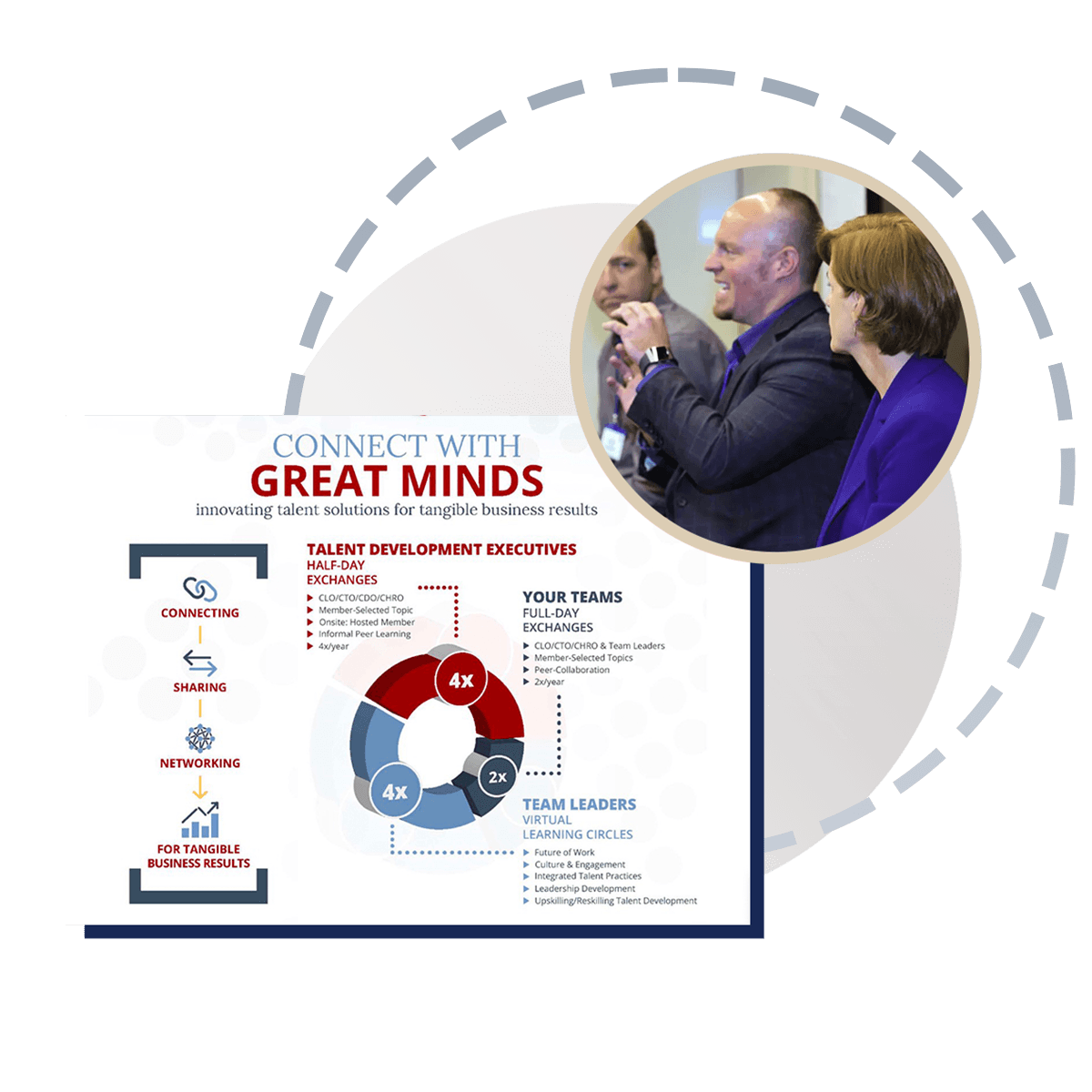Session Focus: Explore how we can all contribute to an environment that welcomes diverse ideas and fosters innovation.
"Data and algorithm bias issues extend to both internal operations and outsourced functions."--Nicholas Leonard
In the session, Iris Wilson-Farley, Vice President of HR Innovation at Komatsu, shared her organization's approach to exploring AI's potential in HR while grappling with the complexities and ethical considerations involved.
Three key takeaways from the insightful discussion:
-
- Thoroughly evaluate potential bias and ethical concerns when implementing AI, especially for tasks like screening candidates or making hiring decisions. Validate outputs and have human oversight to prevent perpetuating biases and making flawed decisions.
- Emphasize inclusion, diversity of perspectives, and psychological safety when forming AI project teams. This can help mitigate blind spots and biases that may arise from relying too heavily on a single perspective.
- Assess organizational readiness and change management needs, as AI adoption may fundamentally shift roles and processes, requiring reskilling and mindset shifts among employees.
Iris aptly encapsulated a crucial consideration with her thought-provoking quote: "What do the biases of that person look like and what kind of problems could we run into and what are the limitations of putting all our eggs in a particular basket that has faults and flaws that are based on its biases"
As organizations explore leveraging AI to enhance HR processes and foster innovation, they must contribute to an environment that welcomes diverse ideas and approaches. By embracing diverse perspectives, rigorously evaluating ethical implications, and prioritizing inclusive change management, companies can navigate the promises and perils of AI, harnessing its potential while mitigating its risks.
